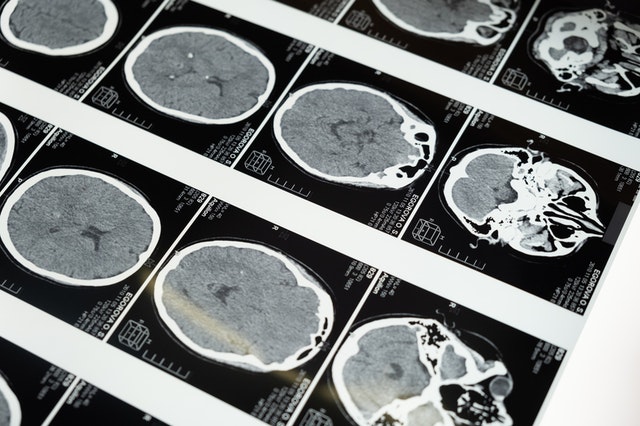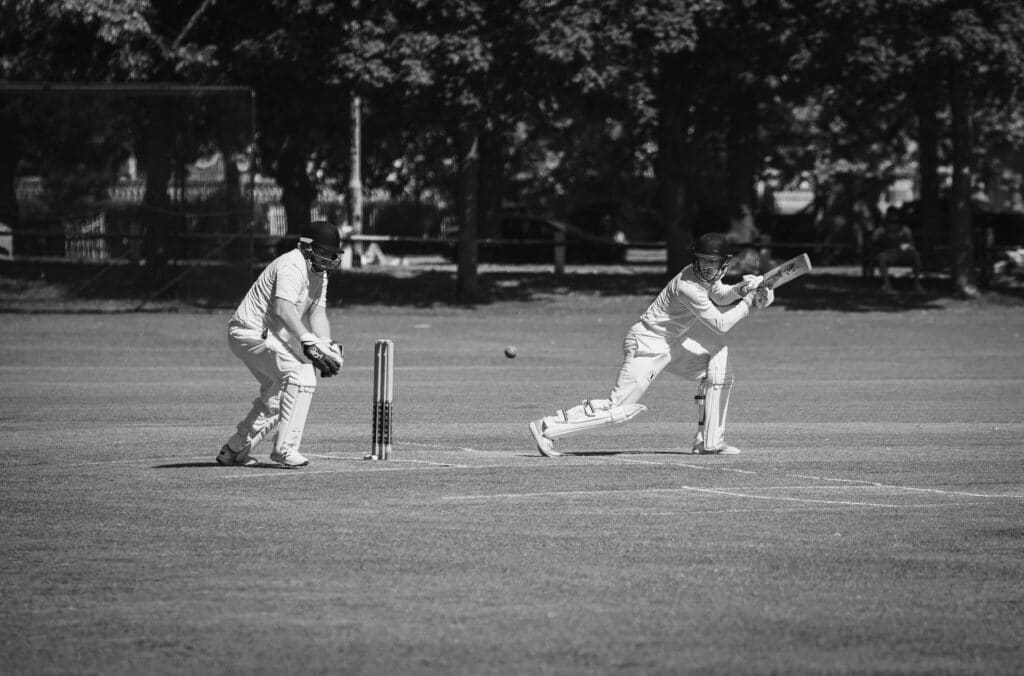Concussion: Symptoms, Treatment, Prevention Tips
What we’ll cover
Concussion
With the football season around the corner, concussion and head injuries is one of the the injuries that physiotherapists and sports trainers have to be able to manage and address.
Our physiotherapists Michael Scardamaglia and Fraser Hillier recently sat down with the sports training team at De La Salle Old Collegians Football Club to refresh and practice their concussion and spinal cord injury management.
What is a concussion?
A concussion is an injury to the brain in which the brain moves too quickly within the skull. It is a form of a traumatic brain injury.
This commonly occurs following a blow to the head, neck or upper spine. Whilst we don’t 100% know what happens to the brain itself, the unexpected movement of the brain within the skull leads to chemical changes within the brain. This injury to the brain can lead to a wide range of symptoms and puts extra demand on the body.
What are the symptoms of concussion?
The symptoms of concussion are varied. Some resolve quite quickly whilst other symptoms can take more time.
Common symptoms include:
- Headache.
- Tiredness or fatigue.
- Nausea.
- Dizziness.
- Visual problems (eg. blurry vision, double vision, sensitivity to light)
- Difficulty with concentrating and focus.
- Memory loss or confusion.
Although some symptoms subside and settle quickly, symptoms can last for up to the 6 – 8 weeks.
What can I do about concussion?
It is important to note that concussion is a form of brain injury. See your health professional as soon as possible following a concussion.
After an initial concussion, it is important to rest and recover.
Avoid the following:
- No TV/radio
- No computers
- No physical exercise
- No alcohol
- No driving
Following the initial concussion, it is important to wake every few hours when sleeping to check communication and orientation.
Returning to play after concussion?
A guided and monitored return to physical activity is important following concussion. Many factors influence recovery from concussion including previous history of concussion. The goal in recovery from concussion to get back to work, study and physical activity at the right pace. Every person is different and recovery can take 1 or 2 weeks to recover from concussion.
For the first 14 days following concussion, it is important to focus on resting. After that, a graduated and progressive return to exercise can be commenced starting with light aerobic exercise, sport-specific exercise, non contact practice and full contact practice. Importantly, exercise should not be progressed if any concussion symptoms occur.
How to test for concussion?
There is a wide range of great and reliable resources that can be used at home or on the sporting field. Our team recommend either the HeadCheck App or Concussion Smart App as an incredibly useful resource for players, parents or sports trainers. Both these applications can be used to assist in a diagnoses of concussion as well as providing assistance in returning to activity.
Other great resource that can be used by your trusted health professional includes the Sport Concussion Assessment Tool (SCAT5). However, this assessment tool is used as a baseline.
If you have experienced concussion, it is important to see your trusted health professional as soon as possible. Book online or call us today.


